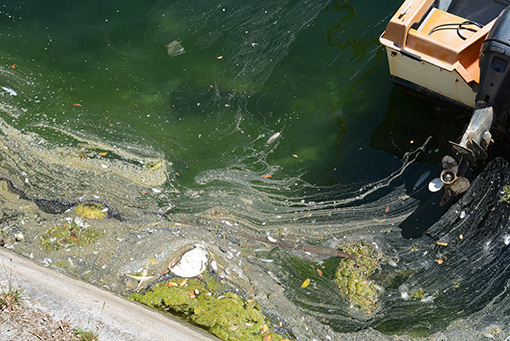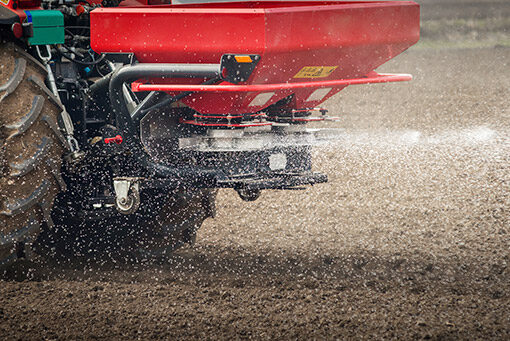Why should I be concerned about storm water runoff?
Water is essential for life and water pollution eventually makes its way to our water treatment plants. The ecosystem is seriously damaged by pollution which can affect all living creatures. It is commonly known that our bodies are composed of more than 75% water and that we can’t live more than three days without it.
“The World Health Organization reports that 2.1 billion (or 3 in 10) people in the world do not have access to safe clean drinking water. The WHO also reports that 4.5 billion (or 6 in 10) people lack proper sanitation services.” World Health Organization Website July 12, 2017

Water is considered the “universal solvent” and easily carries pollutants with it wherever it flows. Water pollution is any contamination of water with chemicals or other foreign substances that are detrimental to human, plant, or animal health. Common pollutants in Cumming include soil erosion from construction sites, fertilizers and pesticides from agricultural and residential lawns and commercial dumpster drainage.
Generally, water that is tested and found to have Total Coliform bacteria present in the sample is considered contaminated by other microorganisms. The presence of Total Coliform bacteria is an indicator that other, potentially harmful, fecal bacteria (indicated by the E. coli species) could be present.
We like to use fertilizers to make our lawns green and help our landscape shrubs and trees grow. However, too much fertilizer cannot be absorbed by plants and eventually runs off into streams and lakes causing algae to bloom excessively. Some algae blooms give off toxins that are poisonous to both humans and animals. In addition, when algae decays, the process absorbs the oxygen from the water which can cause aquatic life to die. Always use fertilizers sparingly and according to recommended application rates and do your part to protect our fragile ecosystem.
For more information, see the EPA web site.

